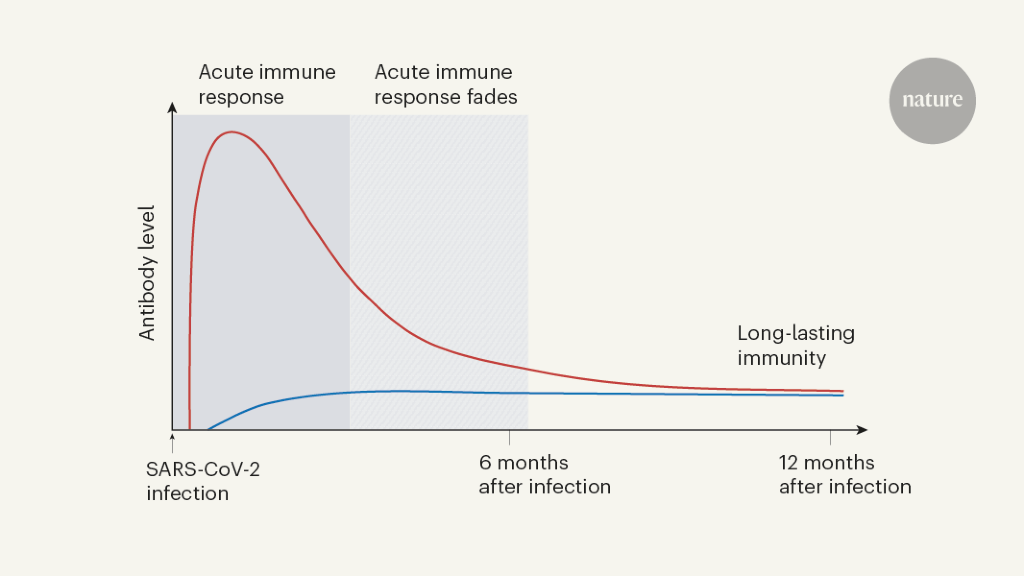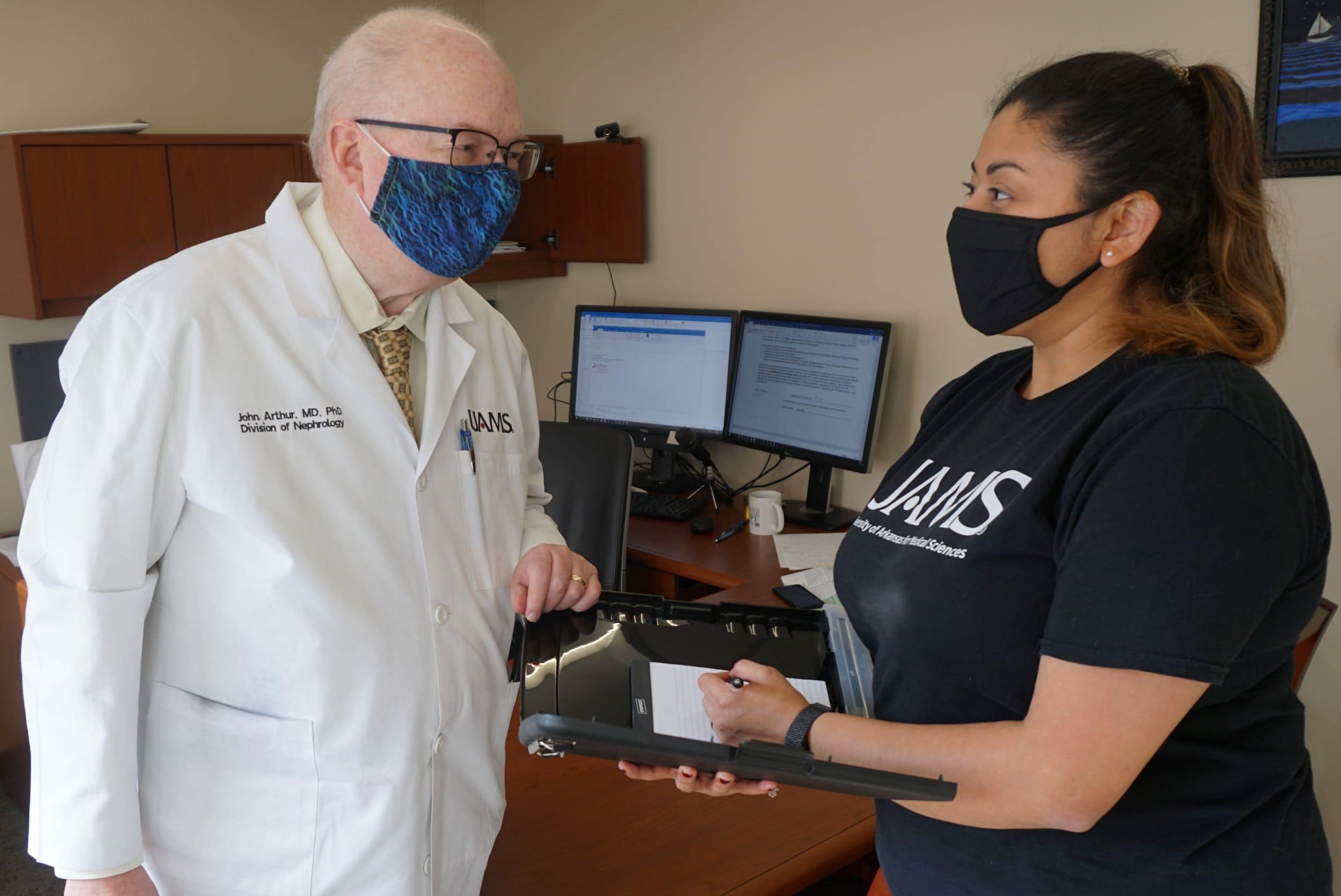
‘Landmark’ study finds artificial antibodies can protect against malaria
People who received an infusion of antibodies targeting a protein on this sporozoite stage of the Plasmodium falciparum parasite were protected from malaria.
Add malaria to the growing list of infectious diseases that one day may be prevented with labmade antibodies. In an unusual study, nine people who received these monoclonal antibodies were deliberately exposed to mosquitoes carrying the parasite that causes malaria. None became infected—and the protection appears to last for more than half a year.
The trial is too small to reach firm conclusions about the efficacy of the monoclonals, and it isn’t a real-world test, but people in the field are impressed by the proof of principle because it opens a new avenue for preventing the deadly disease. “It’s great,” says Dennis Burton, an immunologist at Scripps Research who has developed monoclonal antibodies to prevent HIV infection, COVID-19, and Zika. “This is a landmark study.”
Although monoclonal antibodies come with high production costs that could put them out of reach of many developing countries, the work could also inform efforts to develop a malaria vaccine better than one now in wide use. It demonstrates the importance of targeting immune responses to a critical region of a protein produced by the sporelike stage of Plasmodium falciparum, the protozoan responsible for most of the world’s malaria deaths. The preventive antibody binds to a small portion of the circumsporozoite protein (CSP) that studs the surface of these sporozoites. “It’s the first study that actually assesses the potency of an antibody against the CSP target in humans,” says Hedda Wardemann, an immunologist who studies antimalarial antibodies at the German Cancer Research Center.
Leave a Comment
Related Posts

















/cdn.vox-cdn.com/uploads/chorus_asset/file/25417835/51684715392_2615642caa_o.jpg)



